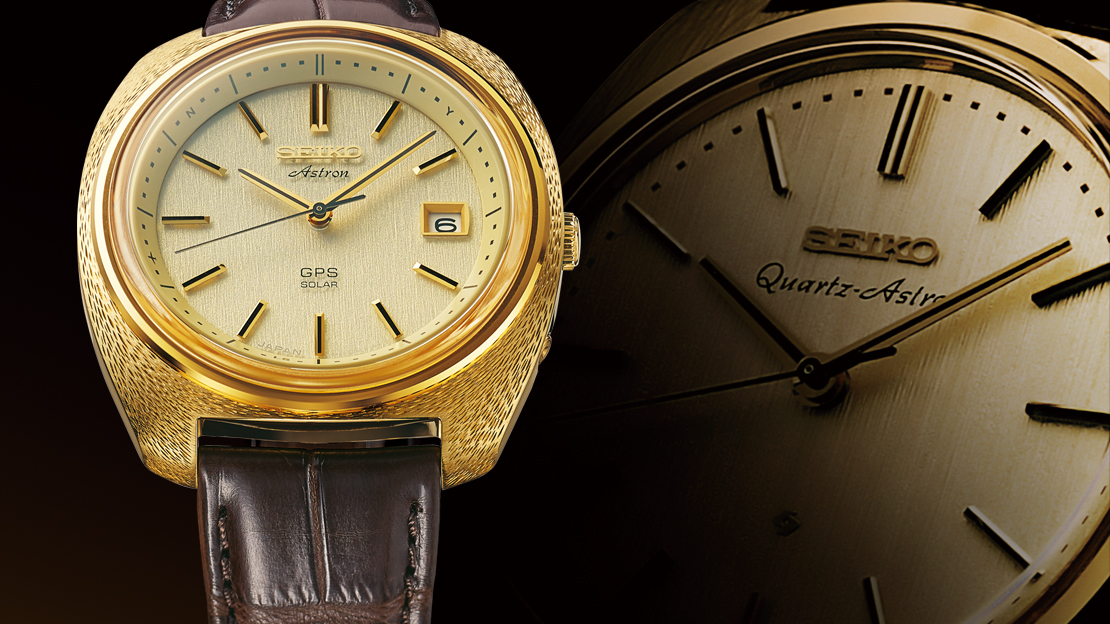ALL things considered, 1969 was a pretty momentous year for the watch industry. Omega’s Speedmaster landed on the moon. The Heuer-led consortium and Zenith one-upped each other in bringing out the world’s first self-winding chronograph. Seiko was, of course, a part of this race (even if largely unbeknownst to the Swiss) as it pushed to market its own automatic chronograph that year. Besides this, Seiko, just as the psychedelic ’60s was drawing to a close, also came out with a timepiece revolution — the Quartz Astron. It was the world’s first quartz-powered wristwatch that went into mass production. And, yes, this piece laid the groundwork for the so-called Quartz Crisis that lasted for more than a decade.
Quartz, remember, nearly wiped off the Swiss and European watch industry (the Americans never stood a chance).
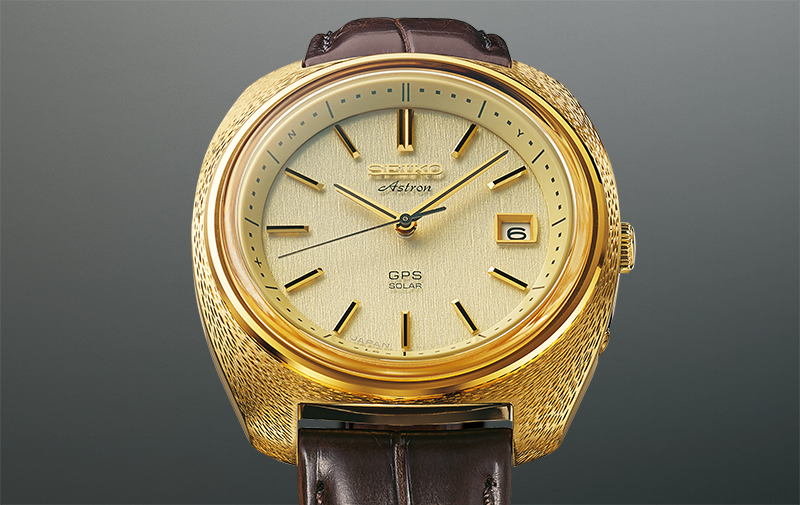
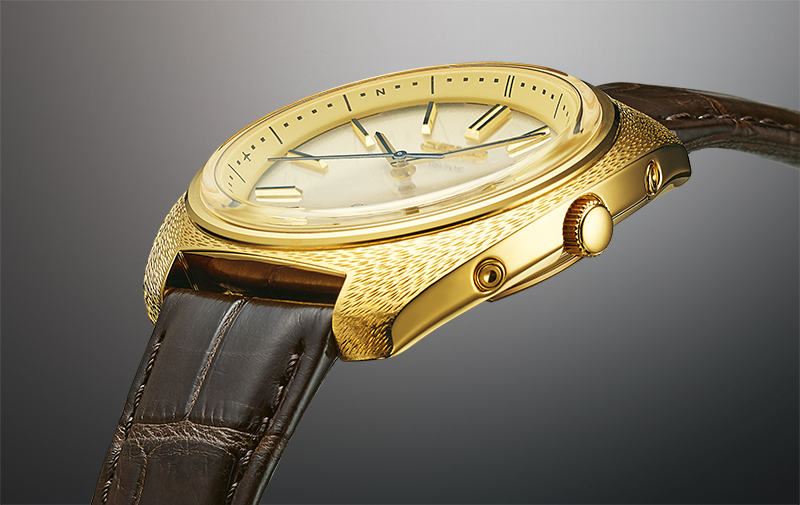
Seiko released the Astron on Christmas Day 1969. It instantly set a new standard in precision, reckoned to not gain or lose more than five seconds in the course of a month. This, certainly, was partly the result of its clever tuning fork-shaped quartz oscillator and the open-type step motor — stuff still standard in quartz watches today. Besides horology, the technology has also since moved to an array of other electronic applications. Quartz really did change time-telling around the world.
Aptly, Seiko exhumed the Astron name in 2012 when it introduced another world’s first — a solar-powered wristwatch with GPS capability. Called Quartz Astron GPS Solar, this timepiece innovated quartz tech by relying on solar energy (it won’t ever need a battery change) and its ability to connect to a GPS network so it could adjust to any time zone by simply pressing a button. Cool.
To celebrate the 50th anniversary of the Astron, Seiko brings out the special Quartz Astron GPS Solar which honors its seminal predecessor, as well as combine the two revolutionary technologies the Astron name accorded horologic history. Only 50 examples of this commemorative watch will be available when it reaches Seiko boutiques in December.
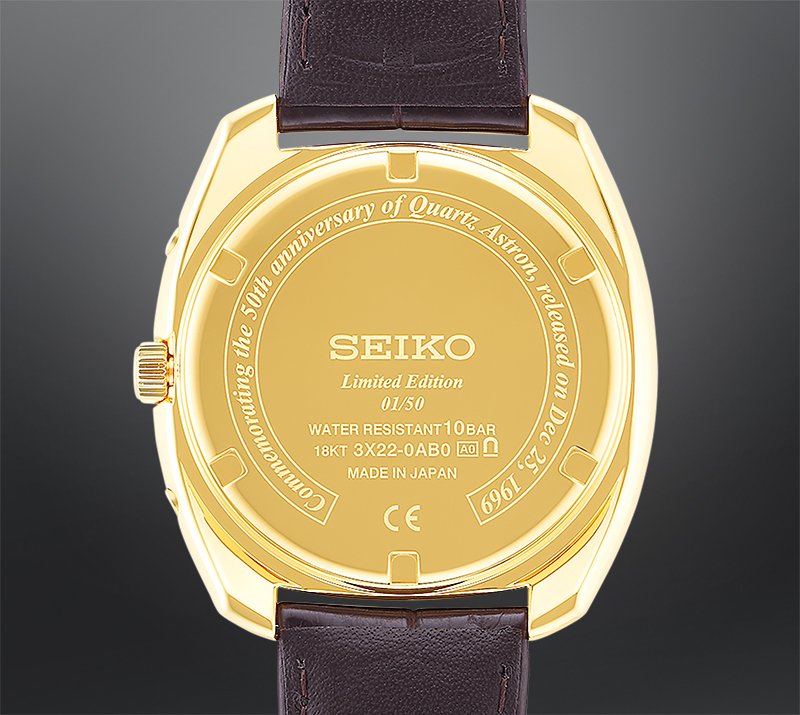
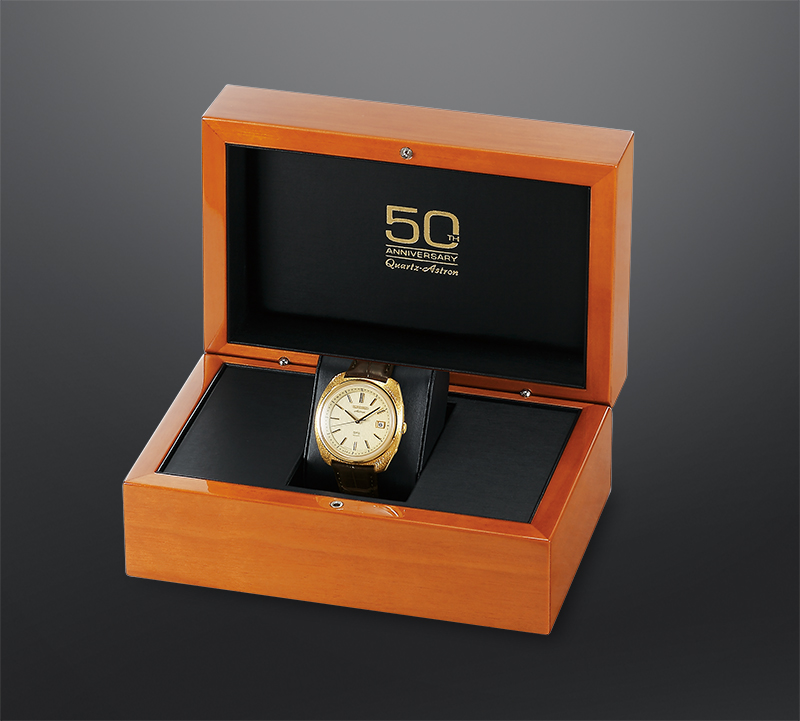
Seiko released the Astron on Christmas Day 1969. It instantly set a new standard in precision, reckoned to not gain or lose more than five seconds in the course of a month. This, certainly, was partly the result of its clever tuning fork-shaped quartz oscillator and the open-type step motor — stuff still standard in quartz watches today. Besides horology, the technology has also since moved to an array of other electronic applications. Quartz really did change time-telling around the world.
Aptly, Seiko exhumed the Astron name in 2012 when it introduced another world’s first — a solar-powered wristwatch with GPS capability. Called Quartz Astron GPS Solar, this timepiece innovated quartz tech by relying on solar energy (it won’t ever need a battery change) and its ability to connect to a GPS network so it could adjust to any time zone by simply pressing a button. Cool.
To celebrate the 50th anniversary of the Astron, Seiko brings out the special Quartz Astron GPS Solar which honors its seminal predecessor, as well as combine the two revolutionary technologies the Astron name accorded horologic history. Only 50 examples of this commemorative watch will be available when it reaches Seiko boutiques in December.


